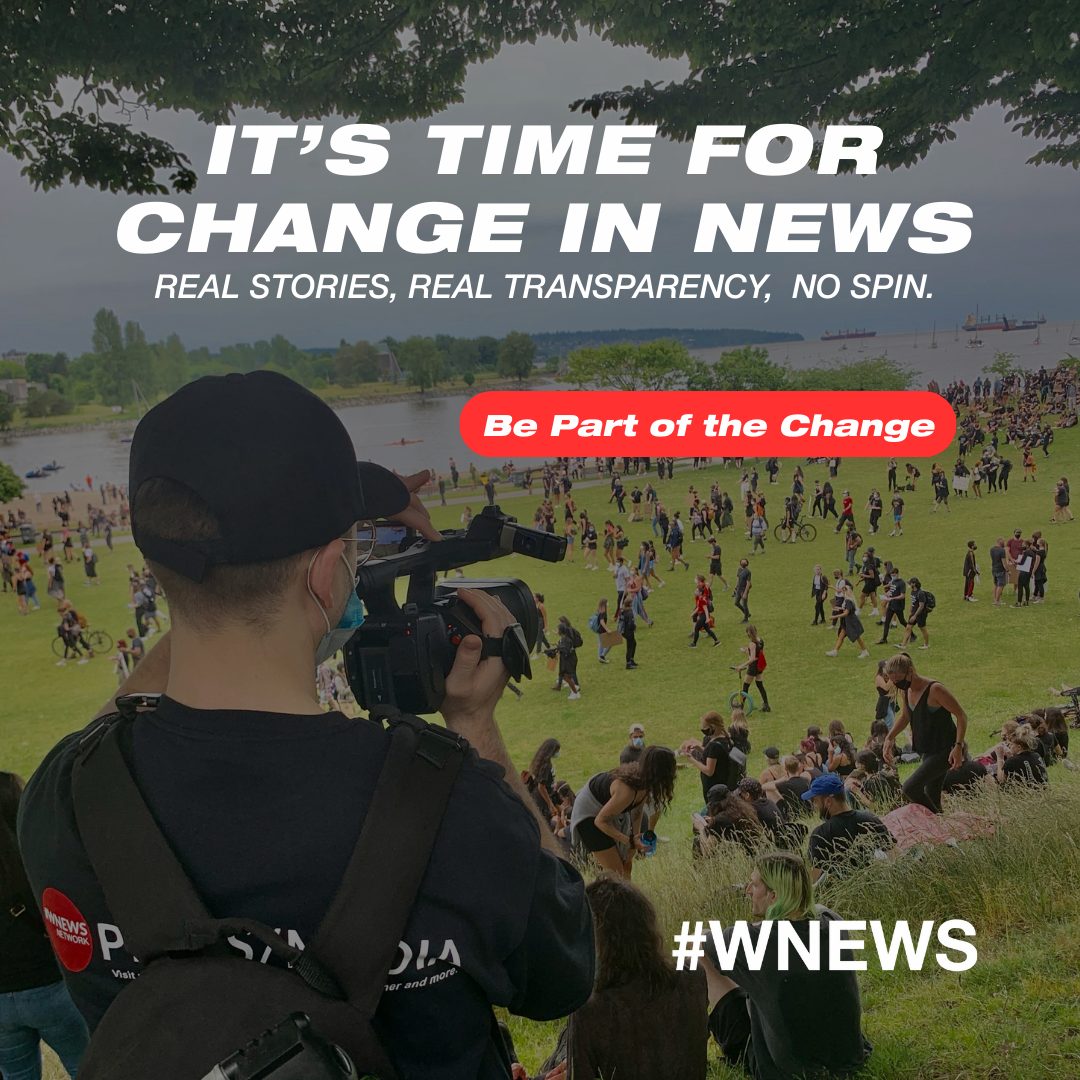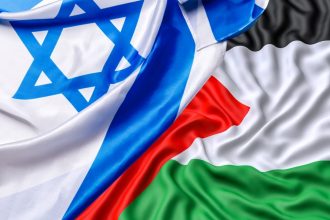Ottawa, ON (WNews) – In the last 10 days, police have cleared out hundreds of demonstrators with the “Freedom Convoy” who had encamped in the nation’s capital for three weeks. Prime Minister Justin Trudeau has revoked the Emergencies Act.
At a press conference on Wednesday, Prime Minister Trudeau announced the end of emergency powers.
“Today, after careful consideration, we’re ready to confirm that the situation is no longer an emergency,” he said. “Therefore, the federal government will be ending the use of the Emergencies Act.”
Trudeau said the government was confident that the existing laws and bylaws were now sufficient to keep Canadians safe.
“Of course, we will continue to be there to support provincial and local authorities if and when needed,” he added.
The 1988 legislation, which succeeded the contentious War Measures Act, allowed Trudeau’s government to declare the area around Parliament Hill a place of prohibited assembly and granted RCMP access to financial institutions in order to freeze accounts belonging to supporters of the convoy.
In a push that began Thursday evening and lasted through Sunday, multiple police jurisdictions in Ottawa escalated their use of force against demonstrators after dozens of warnings for them to leave.
Nearly 200 people have been arrested and are facing nearly 400 charges. Tamara Lich, one of the leading organizers and figures in the convoy, was denied bail on Tuesday, while Pat King remains in custody awaiting a continuation of his bail hearing on Friday.
As a response to the freedom convoy blockades, Prime Minister Justin Trudeau invoked the Emergencies Act for the first time in the history of Canada on Feb. 14.
Following three weeks encamped on the streets of downtown Ottawa with multiple other blockades in Windsor, Ontario, Emerson, Manitoba, and Coutts, Alberta, the convoy moved off.
Despite residents’ pleas, municipal and provincial authorities took little action to move or disperse the encampments over the past three weeks since the convoy set up.
Police handling of the matter — in particular, the decision to allow the convoy to encamp in downtown Ottawa in the first place — remains under intense criticism.








